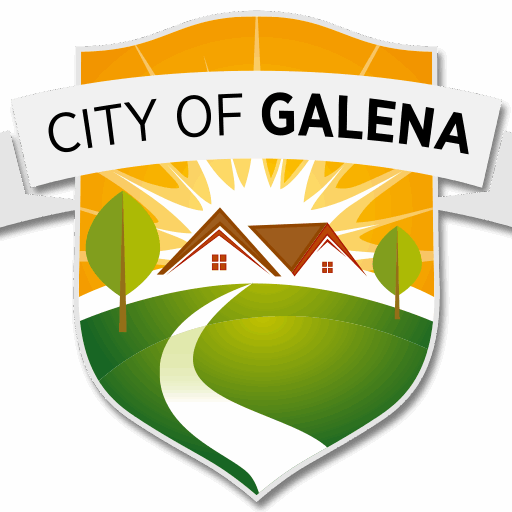Kansas Open Records Act
About KORA
The Kansas Open Records Act (KORA) guarantees any person the right to inspect and obtain copies of all public records, unless the records are closed consistent with specific provisions of law. Within three business days of receipt a City department must either provide records requested; inform the requester when, how and at what cost they will be provided, or state why the records cannot be provided. In some instances, City of Galena may not have the records requested, or may need more than three business days to search.
Certain records are “closed” or restricted in disclosure, to protect confidential information or protect other public interests. When requested records cannot be or are not required to be disclosed, City policy is to provide written denial that cites relevant provisions of law.
Finally, if you wish to learn more about the Kansas Open Records Act, your rights as a requester, and responsibilities of Kansas governments and employees, visit the Kansas Attorney Generals page for Frequently asked questions.
What records are available?
Most records maintained by public entities are open for inspection and/or copying by individuals. Commonly requested records include: Ordinances, Resolutions, Minutes from open meetings, Salaries of public officials, and Budgets. Most of these records are readily available online in our documents section or within the City Code Book.
Exceptions
The Kansas Open Records Act (KORA) recognizes that some records contain information which is private in nature. For this reason, the Act lists a number of exceptions. Records which are closed for this reason may include:
Personnel information of public employees; medical treatment records; records which are protected by the attorney-client privelege or the rules of evidence; notes and preliminary drafts; criminal investigation records; military discharge papers; records related to security measures; records related to domestic abuse shelters; and several other specific records. For a complete listing of exemptions see K.S.A. 45-221.
How to request a record
Step 1: Check with the records custodian or local Freedom of Information Officer to determine whether the information that you need is available. Please remember to be specific when requesting information so that the custodian will be able to better serve you.
Step 2: You may be asked to submit your request for information in writing. The records custodian may have a prepared form for this purpose. Make sure your request is as specific as possible so that your request may be filled quickly and completely. The records custodian may ask detailed questions in order to fulfill your request accurately.
Step 3: Most records will be produced by the end of three business day from the time the request is received. Requests will only be accepted during business hours. If your request comes in after business hours it will be accepted on the next business day. If the request is denied, you will receive a written explanation for the delay or denial.
Step 4: If you have any questions about your request, contact your local Freedom of Information Officer.
Commercial Use
When the requested records contain names, addresses or information from which names and addresses can be derived, you are prohibited from contacting those listed in an attempt to sell them a service or product. See K.S.A. 45-220.
Fees
The Kansas Open Records Act authorizes public agencies to charge fees for providing access to or furnishing copies of public records. This fee may be requested in advance and may include: Cost of staff time required to make the information available and/or cost of copying or reproducing the record, or costs to provide a redacted record.
Why would my request be denied?
Although every attempt will be made to provide the information requested, it is not always possible to fulfill the request. There are a number of reasons a request may be denied: The specific request does not exist; the request was unclear and should be resubmitted with more detail; the record requested is closed to protect an important privacy interest (see the list of exceptions to KORA at K.S.A. 45-221).
For a complete copy of Kansas Open Records Act, please visit the Kansas Legislature website.
